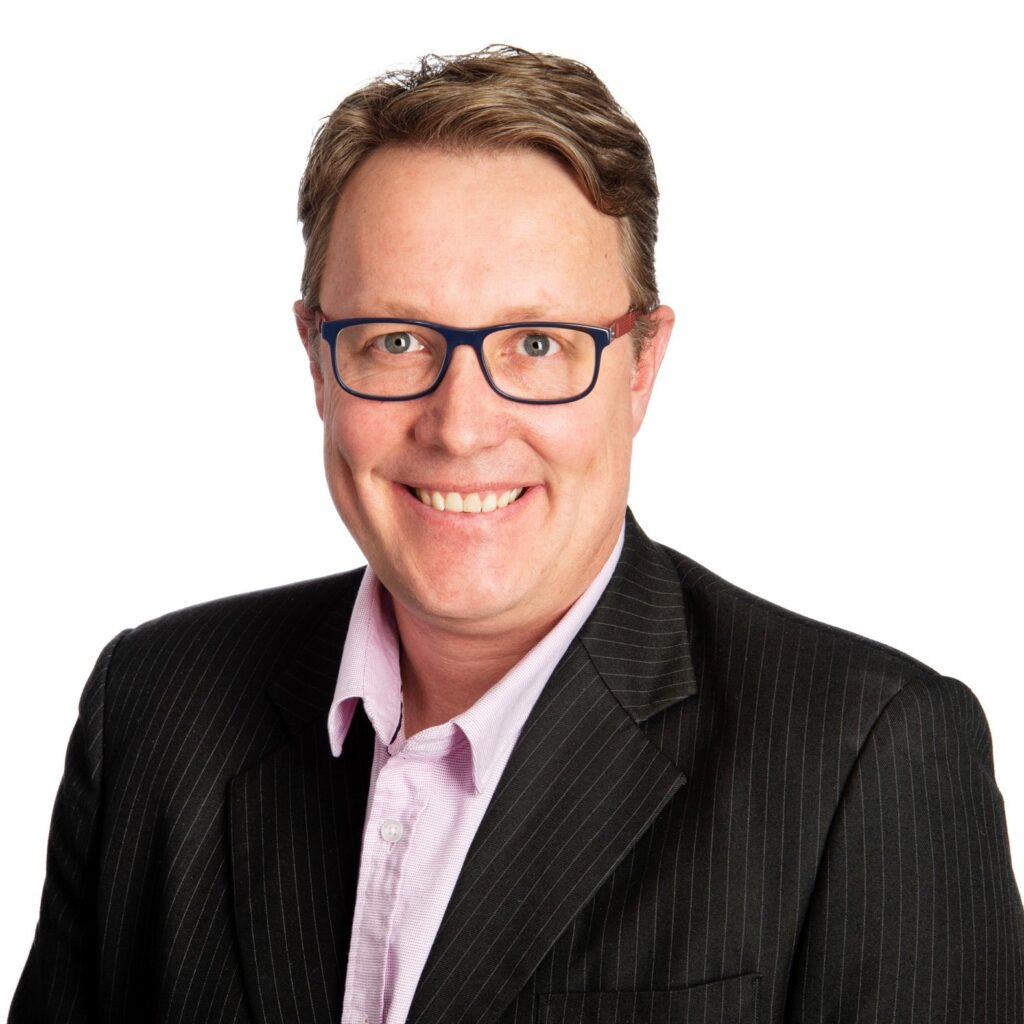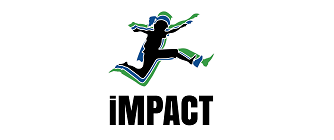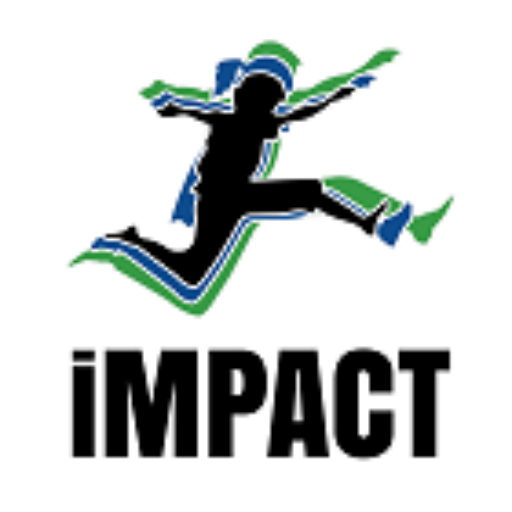Journey of Development
Which Continues to This Day
IMPACT has been developed and refined by Dr Ivan Raymond over a 15 year period. It is grounded in Ivan’s 23+ year career working with children, young people and adults with backgrounds of trauma and complex needs. This includes in the role of mentor, youth worker, residential care worker, clinical psychologist, consultant, trainer, coach and researcher.
www.intentionalpractice.org as a public approach and set of methods was developed in the last decade, informed and guided through numerous collaborations and a PhD. IMPACT makes intentional practice both practical and translatable in action.
IMPACT solidified into its current name and form in late 2016. The game changer in the evolution of the program was the development of the What-What-How model and framework (Registered Trademark).
Between 2016 and 2018, the IMPACT Program, as supported by Life Buoyancy Institute, provided the foundational methodology for SAHMRI to deliver the $1.1M ‘Resilient Futures’ program to build the wellbeing and resilience of 1400 young South Australians from disadvantaged backgrounds.
Within ‘Resilient Futures’, the IMPACT Program provided the tools and shared approach for multiple alternative education schools, mental health sites and community-based non-government agencies to:
- Understand and respond to the deeper ‘under the surface’ needs driving educational, wellbeing and whole-of-life youth outcomes.
- Enable core wellbeing and resilience skills to be intentionally taught to young people with diverse needs and contexts.
- Empower agencies and systems to work together in ‘shared intent’ and optimally grow and support young people.
Intentional practice, as made practical through the IMPACT Program, was found to be a key feature of the program’s success (see research evaluation). Since then, IMPACT has been refined and tested through multiple science-to-practice collaborations, which continue to this day.
IMPACT is not a static program. It is continually being updated and refined, and its online resource library (IMPACT Online) strengthened and added to, through local collaborations and ongoing research and development projects. As the science of wellbeing and trauma evolves, so does the IMPACT Program.
I have always been passionate about the question: "how do we really make a difference in the lives of the people we are entrusted to support?". Having supported countless children, families and adults with really complex needs, my take-home learning is that humans and the circumstances they find themselves in are complex. Growth and healing outcomes are never achieved in isolation, or are activated by one person or strategy. As a society we need to move away from quick fix solutions and reliance just on clinicians or experts as the solvers of complexity. While clinicians and experts have a role to play, we need to activate local knowledge systems and skills to embrace complexity, and work together in shared intent (founded upon best-practice evidence). When people and communities are empowered together, meaningful outcomes are more likely to be achieved. This is at the heart of IMPACT and what drives me to continually develop and improve this program.
Ivan Raymond, PhD, Clinical Psychologist


